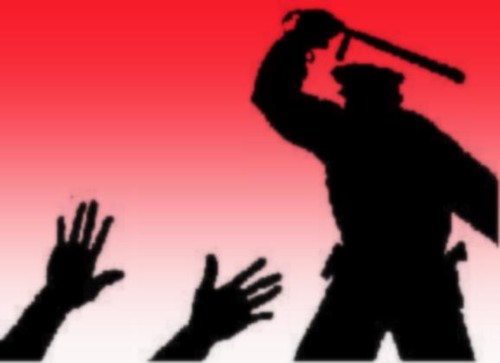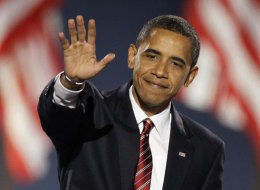
Had the video camera in the Memphis jailhouse not been on, we may never have seen how a police officer repeatedly hit Duanna Johnson, an African American transwoman, with his fists. The officer had wrapped around his hands pairs of handcuffs, adding to its brutality.What the camera also recorded was how an African American nurse went directly to the white officer to see if he was OK, ignoring Johnson.
After the video footage was seen, the NAACP declared a state of emergency about how police treat African Americans, a fact celebrated by Monica Roberts, founder of the African American transpeople online group Transsistahs-Transbrothas, in a post on the Bilerco Project Web site: “Yo NAACP, NBJC...Where Y’all At?”“While I applaud you [NAACP] for declaring a state of emergency over the treatment of African-Americans by the police, I have yet to hear any NAACP local, state or the national chapter speak up not only about this case, but about the verbal and physical hate attacks on African-American transpeople in general. As Duanna Johnson’s case graphically points out, some of the problems we transpeople of African descent face are at the hands of the people who are supposed to protect and serve us.”
But it’s not the local NAACP groups that have remained silent. Media outlets purporting to represent the African American community have also stayed silent on the story. Do you think you’ll read the story in Jet, Ebony or Essence?And although I am thankful that the gay news media have captured the details surrounding Johnson’s arrest, the real story has not been told. And that story is how the intersection of racism and trans phobia unleashed its rage on the bodies of black transgender men and women, triggering the type of violence Duanna Johnson experienced. It is this story that needs to be reported, which begs the question, why isn’t it happening?
The first reason is an unspoken “politics of silence.” All too often members of the GLBTQ press, especially of-color members, will opt not to report when we are attacked by someone else of color to ensure we don’t look like a race traitor. Another reason, the “politics of avoidance,” occurs when black media outlets opt not to cover hate crimes against its LGBTQ population for fear that the white media view violence as synonymous with people of color.Another reason — there just aren’t enough openly GLBTQ of-color reporters.
This month, for the first time in its history, the Bay State Banner — an Boston-based African American newspaper — wrote a piece on black queer culture. Why? Because Katherine Patrick came out. Katherine is the daughter of our governor, Deval Patrick, the second African American elected governor in the U.S. This media attention underscores the fact that we have always been a part of the black community.
Very little is understood about transgender people because they are relegated to the fringes of society. Crimes against transgender people often go unnoticed, and the fact that we are calling Johnson “lucky” for surviving the attack since violence against black transgender men and women often result in death, shows how far we still need to come as a society.
In 1998, Rita Hester, a 34-year-old African American transsexual was murdered. Ms. Hester was found dead inside her first-floor apartment in Allston, just outside of Boston, with multiple stab wounds to her chest. She was further violated by media outlets reporting the death. The Boston Herald depicted Ms. Hester as “he,” or as a “transvestite,” or as “William.”
Johnson explained that the officer attacked her because she refused to respond to the derogatory names he called her. “Actually he was trying to get me to come over to where he was, and I responded by telling him that wasn’t my name — that my mother didn’t name me a ‘faggot’ or a ‘he-she,’ so he got upset and approached me. And that’s when it started.”
Just getting called the proper name is hard enough for many transgender men and women. Add racism on top of it, and you have an untenable problem. “A white person who transitions to a male body just became a man. I became a Black man. I became the enemy,” London Dexter Ward, an LAPD cop who transitioned in 2004, told Alternet.org.
And becoming a black transman Louis Mitchell didn’t think “driving while black” would be such an offense. Mitchell, who resides in Springfield, Mass., told ColorLines that he gets pulled over “300 percent more now than in his 23 years of driving.”
Issues of race, gender expression, and sexual orientation trigger a particular type of violence against people of color that black media cannot afford to let go unreported. Not reporting what is going on its LGBTQ community leaves unchecked the constant violence we face, but it also puts us all at risk.
Article by Rev. Irene Monroe found in 6/26/08 New England Blade












